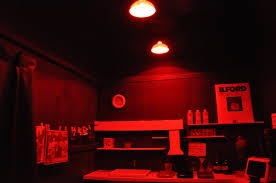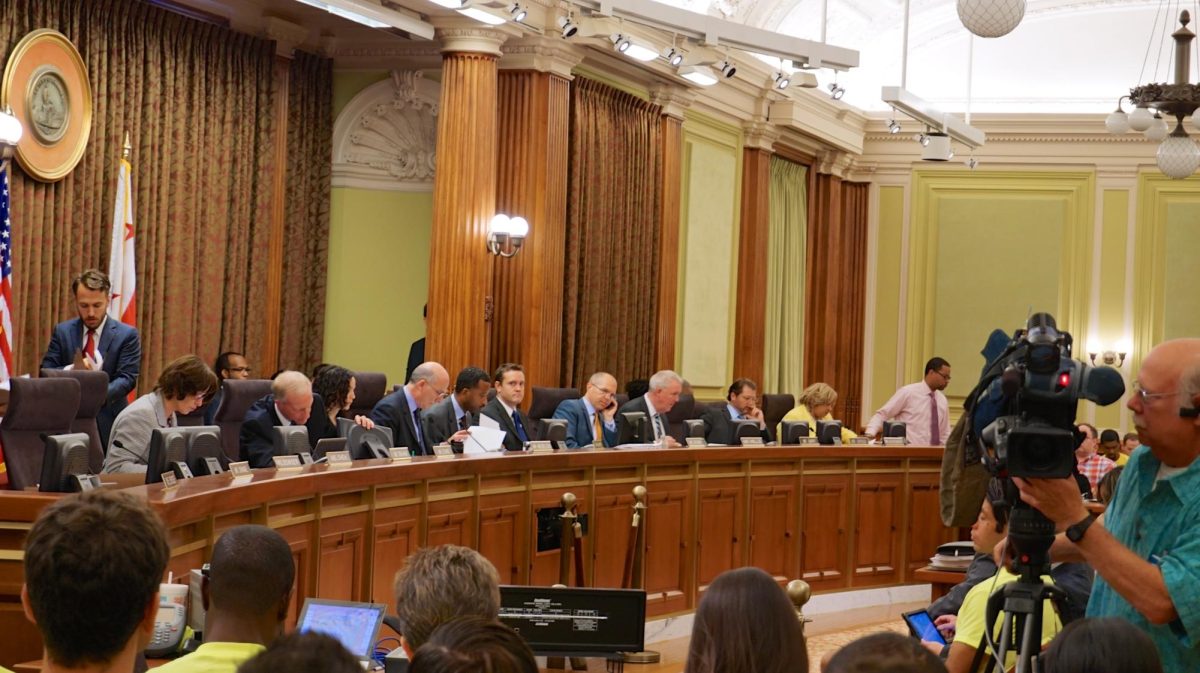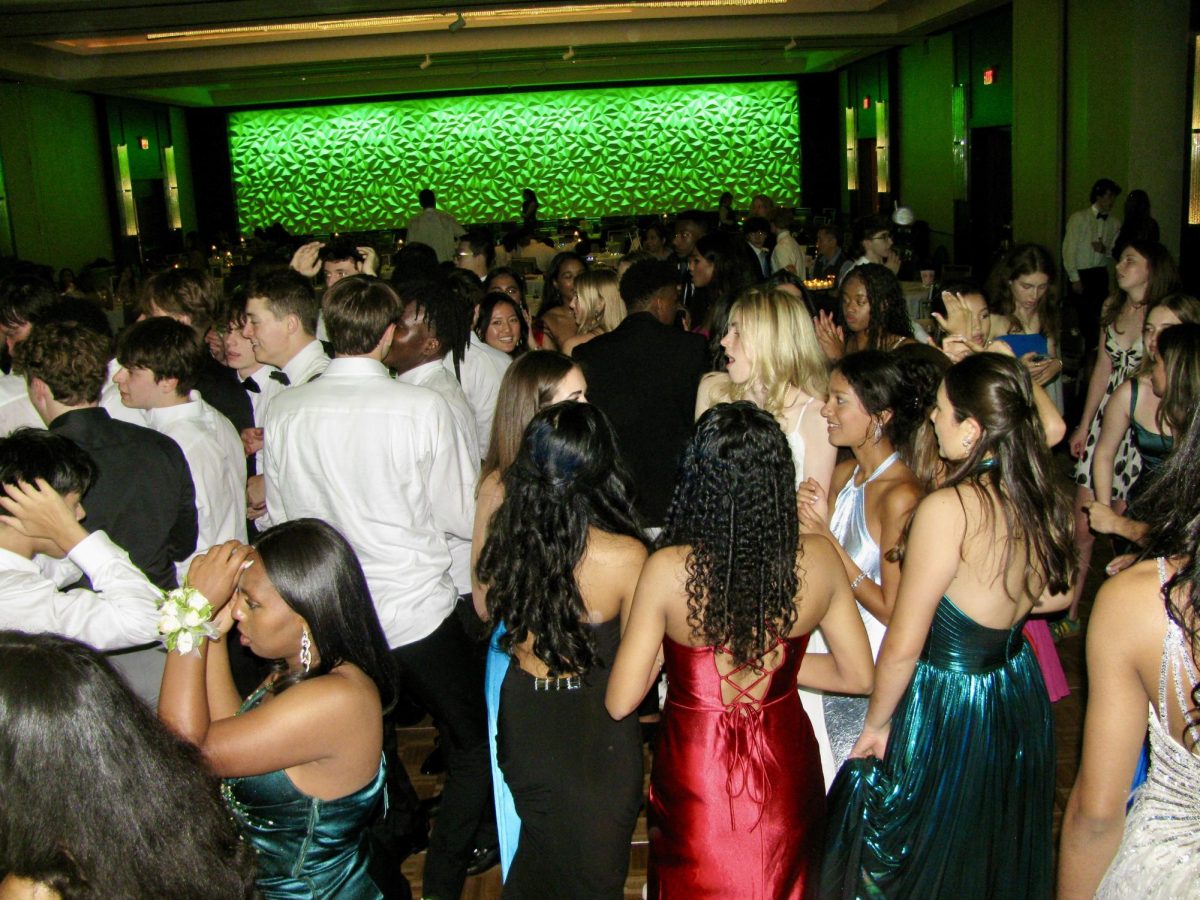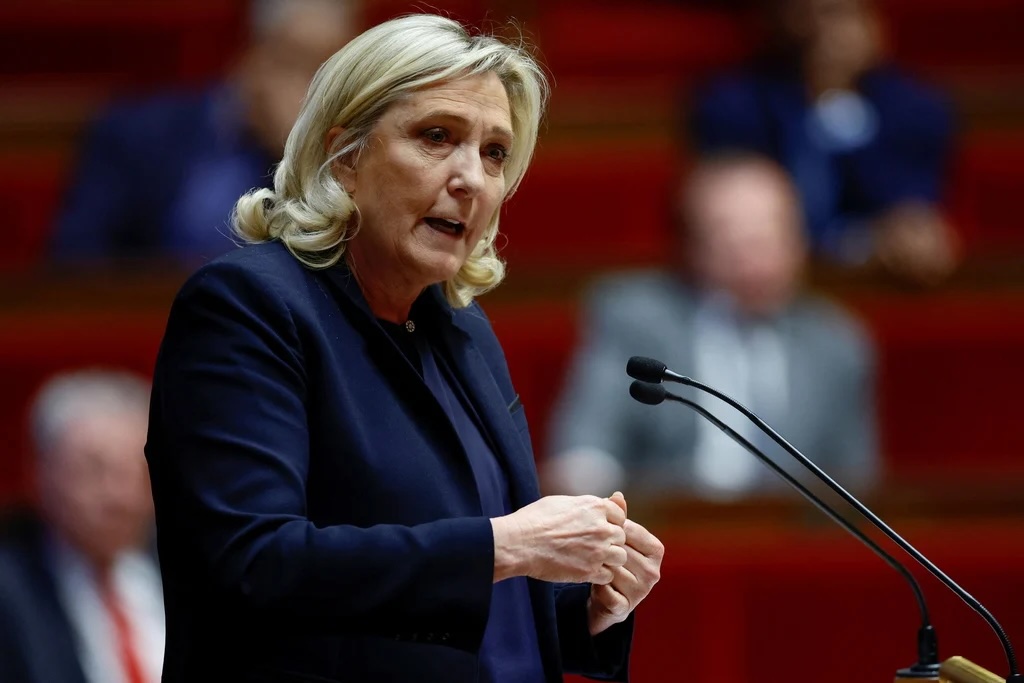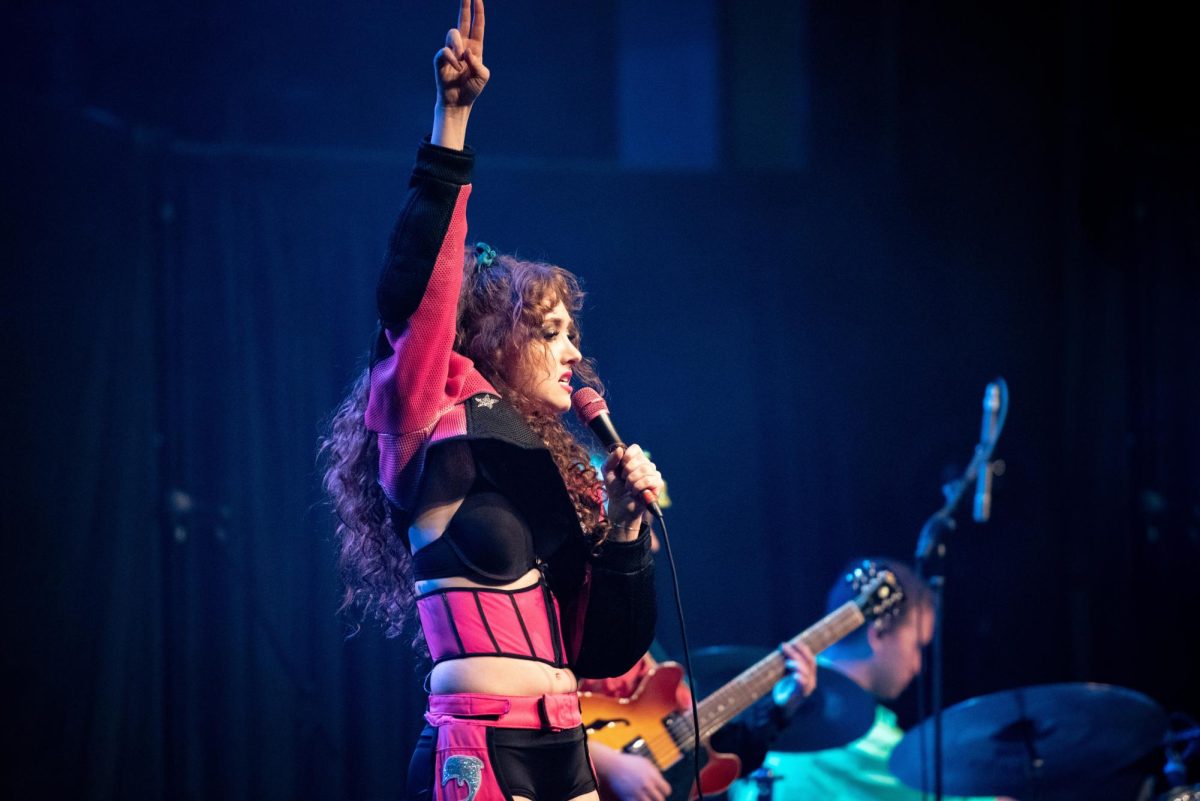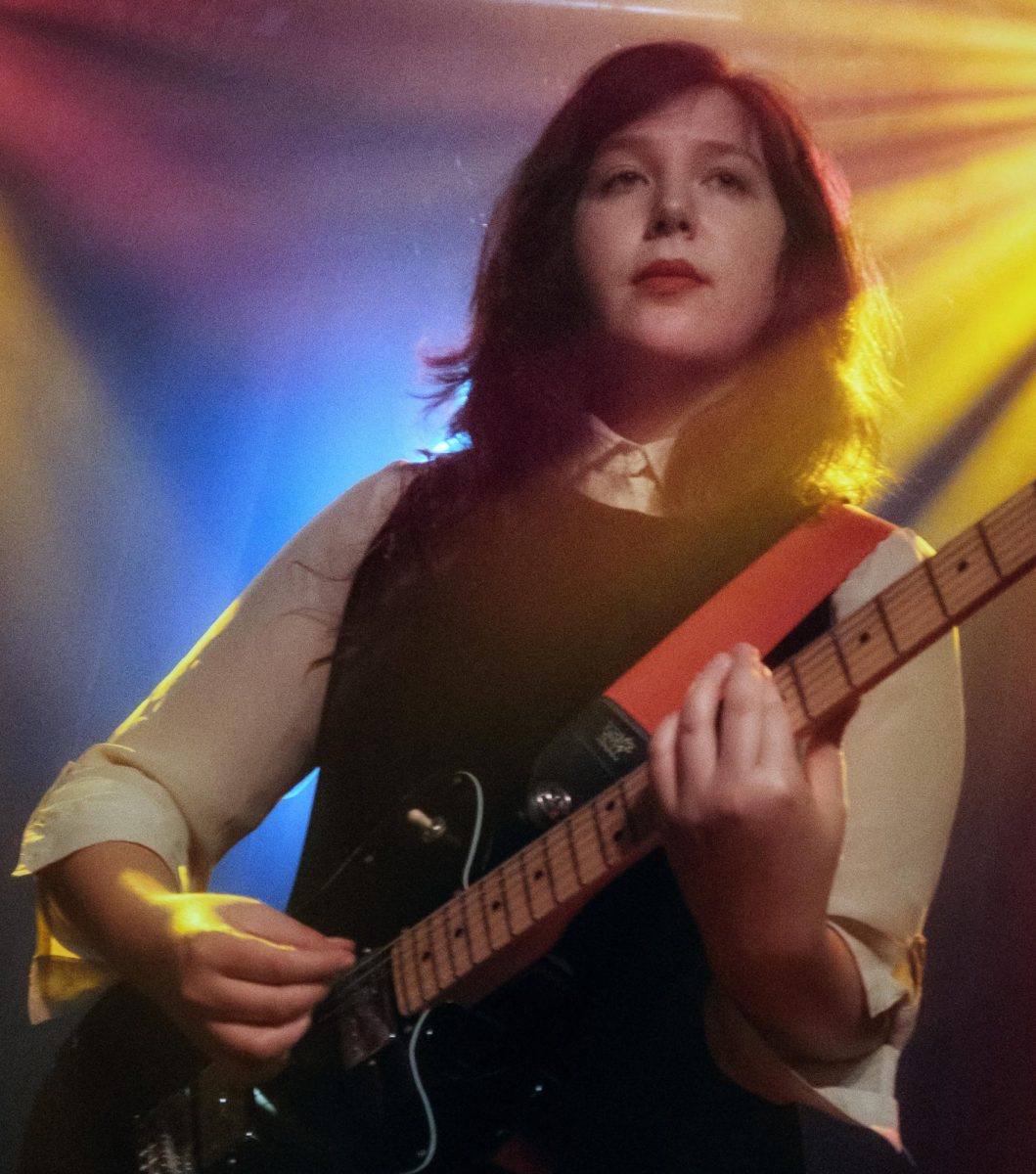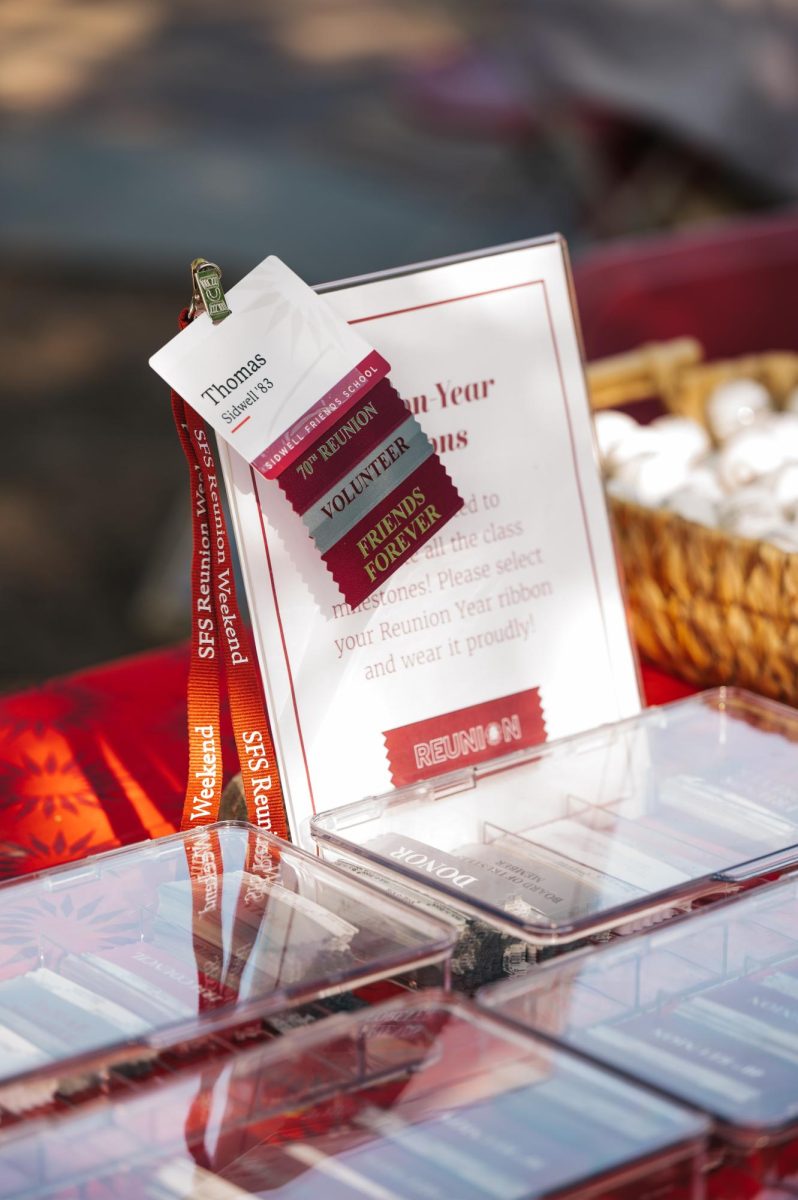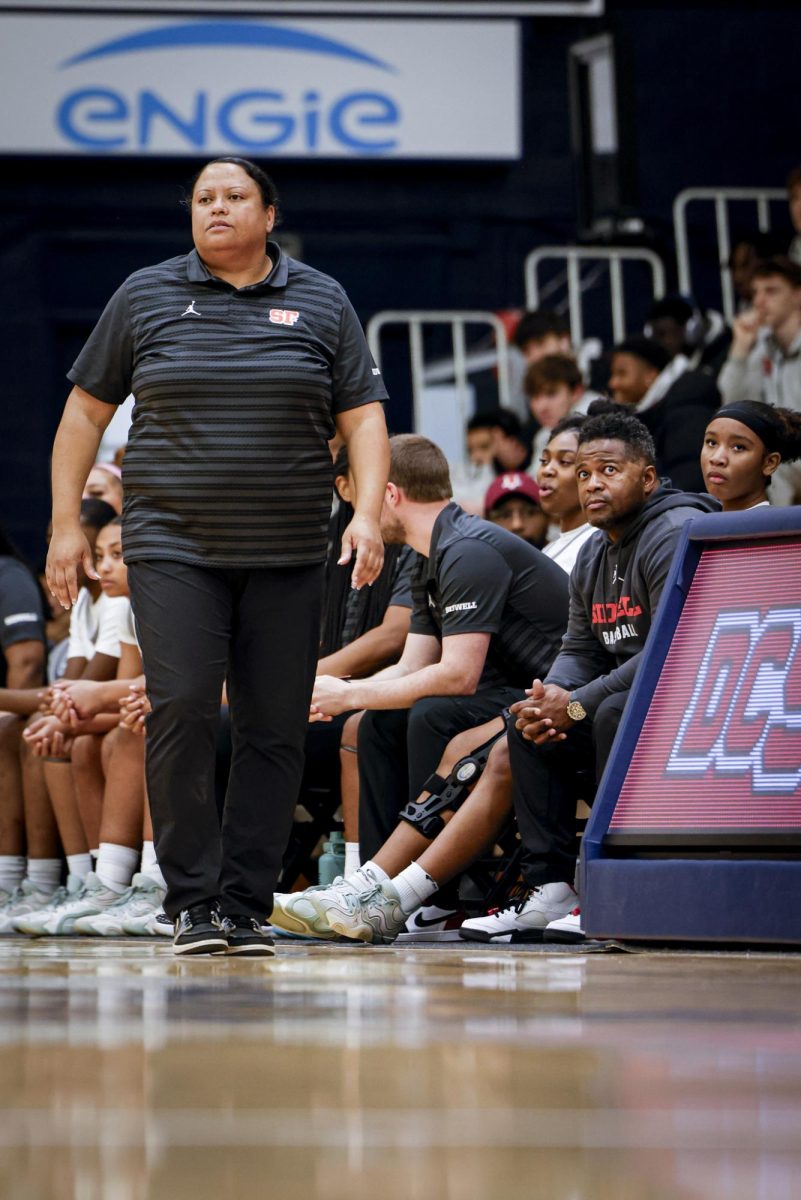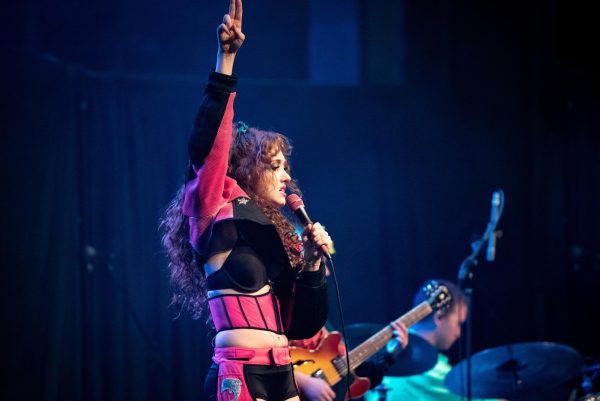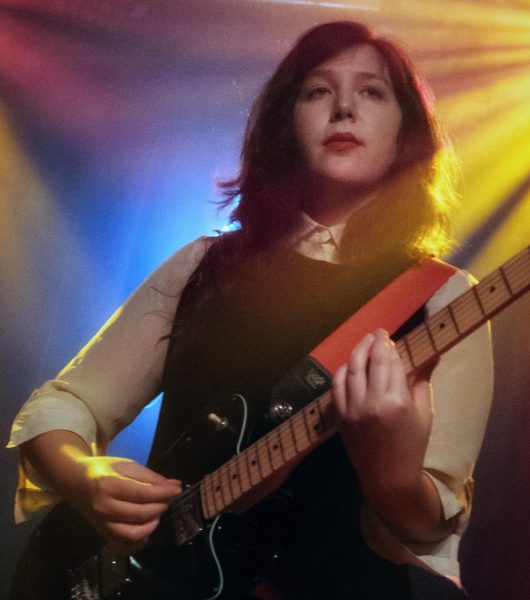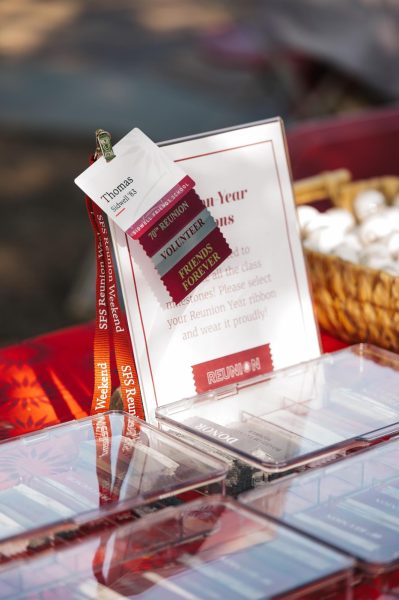Lumina Studio Theatre Produces “Romeo И Juliet” Set In Divided Berlin
Lumina Studio Theatre, a youth-based organization in Silver Spring, Maryland whose goal is to bring theater to children of all ages, showcased their version of the famous tragedy titled “Romeo И Juliet,” with “И” as the Russian symbol for “and.” The play explores the epic family feud between the Montagues and Capulets, adding the element of controversy between the elite during the 1980s in Berlin. In Lumina’s version of the classic play, Romeo and Juliet belonged to West and East Berlin versions of the Montagues and Capulets, separated by the Berlin Wall. Each family is powerful and wealthy, holding sway within the political elite.
Erected directly after the Holocaust, the Berlin Wall was a tool put in place by Communist East Germany to separate its citizens from the democratic West.
Costumes were an essential part of the play, with many actors playing background characters donning the large fur coats and brightly-colored fabrics of the ’80s. In contrast, the elite, including the Montagues, the Capulets and the president, sported formal, business-like attire.
Set design also added depth to the play: a large post served as both a Berlin Wall watchman’s post and the tower from which Juliet called down to Romeo. Directors Meg Lebow and Sophie Cameron used these design choices to emulate the time period.
In order to give the play an element of realism and accuracy to the time period, Lebow and Cameron included portrayals of protesters and refugees who built tunnels beneath the Berlin Wall.
Speaking on their involvement with Lumina growing up, both Lebow and Cameron wrote in an interview that it “has shaped who we are.”
On choosing to direct “Romeo И Juliet,” Lebow and Cameron emphasized the play’s continued relevance: “Not only do teenagers dare to love and resist amidst family conflicts in reality, but they do so amidst deep geopolitical conflicts as well. It felt real enough to represent onstage earnestly,” they wrote.
The soundtrack underscored the themes of teenage angst and passionate love present in the play, inspired by ’80s punk rock music like David Bowie’s album “Heroes” and Iggy Pop’s album “Lust for Life.”
Lebow and Cameron mentioned that they had “dreams of a Juliet dancing to David Bowie in her bedroom, of a furious Tybalt preparing for battle to angry German rock, of two young lovers singing punk anthems together.”
Dramaturg and language instructor Margrit Wong consulted on the project, bringing her personal experience of growing up in Berlin during the Cold War. Raised in Germany, she now runs the Little German School in Takoma Park, Maryland.
Wong was first exposed to Lumina through her students who participated in the program. She believes that the emphasis of theater should be placed on cultural exchange and that theater can be used to spread knowledge of current and historical events. “History textbooks work for some, honestly not for many,” she said in an interview.
When Lumina decided to produce “Romeo И Juliet” with a focus on the Berlin Wall, no one anticipated the Russian invasion of Ukraine that echoes conflicts of the past. This production reminded audiences that youth, creativity and protest can be agents of change against oppression. Finding ways to tell these stories is a form of resistance against a violent future.






